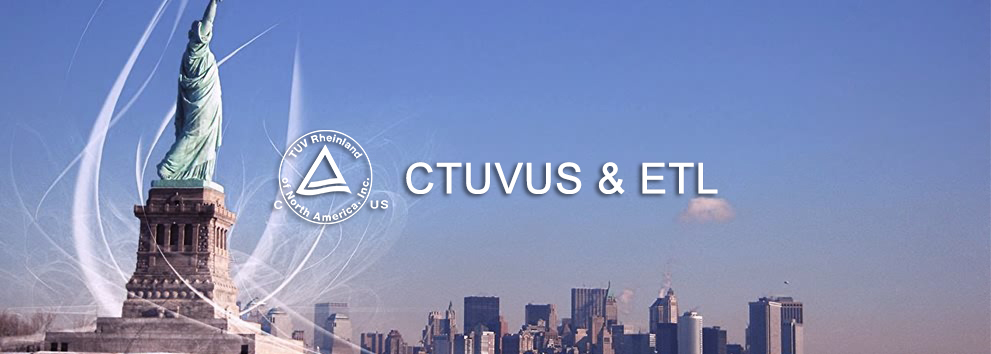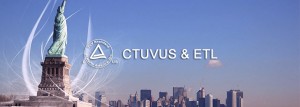New Batteries Regulation (EU Proposal)
New Batteries Regulation (EU Proposal),
Batteries,
▍What is cTUVus & ETL CERTIFICATION?
OSHA (Occupational Safety and Health Administration), affiliated to US DOL (Department of Labor), demands that all products to be used in workplace must be tested and certificated by NRTL before being sold in market. Applicable testing standards include American National Standards Institute (ANSI) standards; American Society for Testing Material (ASTM) standards, Underwriter Laboratory (UL) standards, and factory mutual-recognition organization standards.
▍OSHA, NRTL, cTUVus, ETL and UL terms definition and relationship
OSHA: Abbreviation of Occupational Safety and Health Administration. It is an affiliation of US DOL (Department of Labor).
NRTL: Abbreviation of Nationally Recognized Testing Laboratory. It is in charge of lab accreditation. Up to now, there are 18 third-party testing institutions approved by NRTL, including TUV, ITS, MET and so forth.
cTUVus: Certification mark of TUVRh in North America.
ETL: Abbreviation of American Electrical Testing Laboratory. It was established in 1896 by Albert Einstein, the American inventor.
UL: Abbreviation of Underwriter Laboratories Inc.
▍Difference between cTUVus, ETL & UL
| Item | UL | cTUVus | ETL |
| Applied standard |
Same |
||
| Institution qualified for certificate receipt |
NRTL (Nationally approved laboratory) |
||
| Applied market |
North America (US and Canada) |
||
| Testing and certification institution | Underwriter Laboratory (China) Inc performs testing and issue project conclusion letter | MCM performs testing and TUV issues certificate | MCM performs testing and TUV issues certificate |
| Lead time | 5-12W | 2-3W | 2-3W |
| Application cost | Highest in peer | About 50~60% of UL cost | About 60~70% of UL cost |
| Advantage | An American local institution with good recognition in US and Canada | An International institution owns authority and offers reasonable price, also be recognized by North America | An American institution with good recognition in North America |
| Disadvantage |
|
Less brand recognition than that of UL | Less recognition than that of UL in certification of product component |
▍Why MCM?
● Soft Support from qualification and technology: As the witness testing lab of TUVRH and ITS in North American Certification, MCM is able to perform all types of testing and provide better service by exchanging technology face to face.
● Hard support from technology: MCM is equipped with all testing equipment for batteries of big-sized, small-sized and precision projects (i.e. electric mobile car, storage energy, and electronic digital products), able to provide overall battery testing and certification services in North America, covering standards UL2580, UL1973, UL2271, UL1642, UL2054 and so forth.
The Commission proposed a new Batteries Regulation with Annexes on 10th December 2020. The
draft of the new regulations is based on the EU’s Battery Directive 2006/66/EC. The objectives of the
proposal include three aspects: a common set of rules to ensure a level playing field, thereby
strengthening the internal market including products, processes, and waste batteries, operation of
battery and recycled products; Promotion of circular economy; Reduction of environmental and social
impacts at all stages of the battery life cycle.
The Commission proposes mandatory collection and recycling requirements for all batteries (i.e.
industrial, automotive, electric vehicle and portable) placed on the EU market. Such as:
1. For portable batteries, the current figure of 45% collection rate should rise to 65 % in 2025 and
70% in 2030. All collected batteries must be recycled and reused, especially the reuse of cobalt, lithium,
nickel, lead, etc.
2. From 1 July 2024, only rechargeable industrial and electric vehicles batteries for which a carbon
footprint declaration has been established, can be placed on the market
3. From January 1, 2026, products must be labeled according to the carbon intensity performance
category, so that consumers can understand the carbon emissions during production, capacity,
recycling methods, hazardous substances and safety risks of the battery










